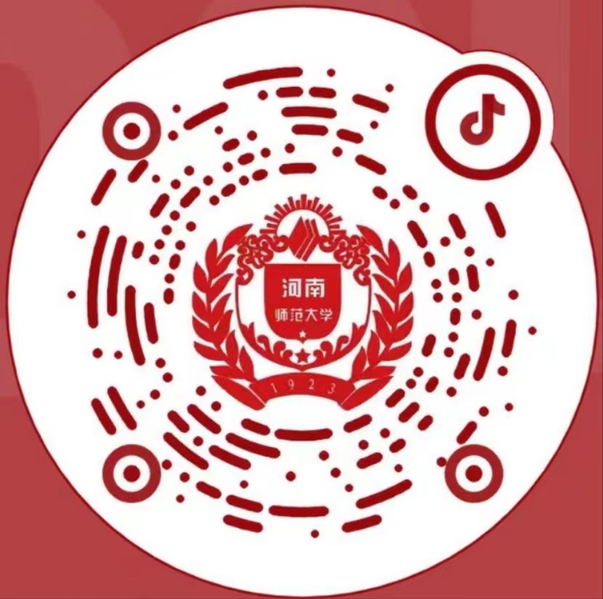Established in July 2012, College of Tourism has 66 full-time faculty members, including 19 staff with senior titles and 38 staff with doctoral degrees. One is awarded as a member of the National Employment and Entrepreneurship Steering Committee of College and University Graduates, one obtains the title of National Senior Tour Guide, and three are awarded the tile of National Senior Tea Masters. The college provides four undergraduate programs: Tourism Administration, Hotel Management, Human Geography and Urban-Rural Planning, and Geographic Science. Tourism Administration was assessed as a National First-class Undergraduate Major Construction Point in 2021. The school has six master’s programs: Tourism Administration (Academic), Rural Development, Professional Master of Tourism Administration (MTA), Subject Teaching (Geography), Science and Technology Education, and Tourism Administration (Sino-French cooperative education program).
The college has set a “New Engineering + New Arts” developing strategy with Geography as its core and Tourism and Planning as its practical features. For the university’s normal education feature, the college has built a professional teacher education model that integrates geography and tourism knowledge; in terms of the “going global” strategy, the college established a Sino-French cooperative education graduate program and has successfully obtained the approval of China’s Ministry of Education in 2023, thus forming a “digital technology + cultural tourism + key language” pattern to train high-level compound international tourism talents.
The college actively develops high-level research platforms. In 2020, it was approved as the Key Research Base of Henan Social Science Federation - Henan Provincial Culture and Tourism Integration Research Center. In 2021, the college established the “Institute of Henan Taihang Mountains Culture and Tourism” jointly with Henan Department of Culture and Tourism, which provides a high-quality platform for the school’s “three-in-one” integrated development model. In recent years, the college’s faculty members have undertaken over 50 national, provincial and ministry-level scientific research projects, led over 180 municipal or provincial level and horizontal projects, published more than 200 high-level papers, 22 academic monographs and textbooks, and won more than 50 provincial and ministry-level research awards.
Academic Team of Economic Geography and Regional Sustainable Development
The College of Tourism puts great priority on its academic teams, and established the Team of Economic Geography and Regional Sustainable Development in 2021, which has achieved fruitful results in the research of regional industrial agglomeration, industry integration, resilience construction and sustainable development, rural transformation and sustainable livelihood of farmers in the context of digital economy. The team consists of 16 members, mainly young and middle-aged scholars with backgrounds in geography, management, economics and other disciplines. The team has a reasonable academic structure, and all members own doctoral degrees or senior titles, processing strong scientific qualifications, vitality and potential. The team carries out researches on the Yellow River Basin, Taihang Mountainous Region and other characteristic regions, and has continuously produced milestone achievements. They have led 1 key project of National Social Science Foundation of China, one general project of the National Social Science Foundation of China, 1 project of the National Natural Science Foundation of China, and many provincial and ministry-level projects sponsored by authorities such as the Ministry of Education and the Ministry of Culture and Tourism. The team has published 3 academic monographs in the university’s designated publishing house, and over 30 papers in high-level journals such as the Tourism Tribune, the Geographic Research, the Human Geography, and the Resources Policy. The team also has provided social services worth over 3 million yuan.
Main research fields: digital empowerment for integrated development of agriculture, culture and tourism industry, ecosystem services and sustainable rural development, government support and green development of industry, production and spatial justice of tourism space.
Collaboration requirements: organizing conference, social services, research on projects and theses, joint training of graduate students, etc.

 2024-07-05
2024-07-05



